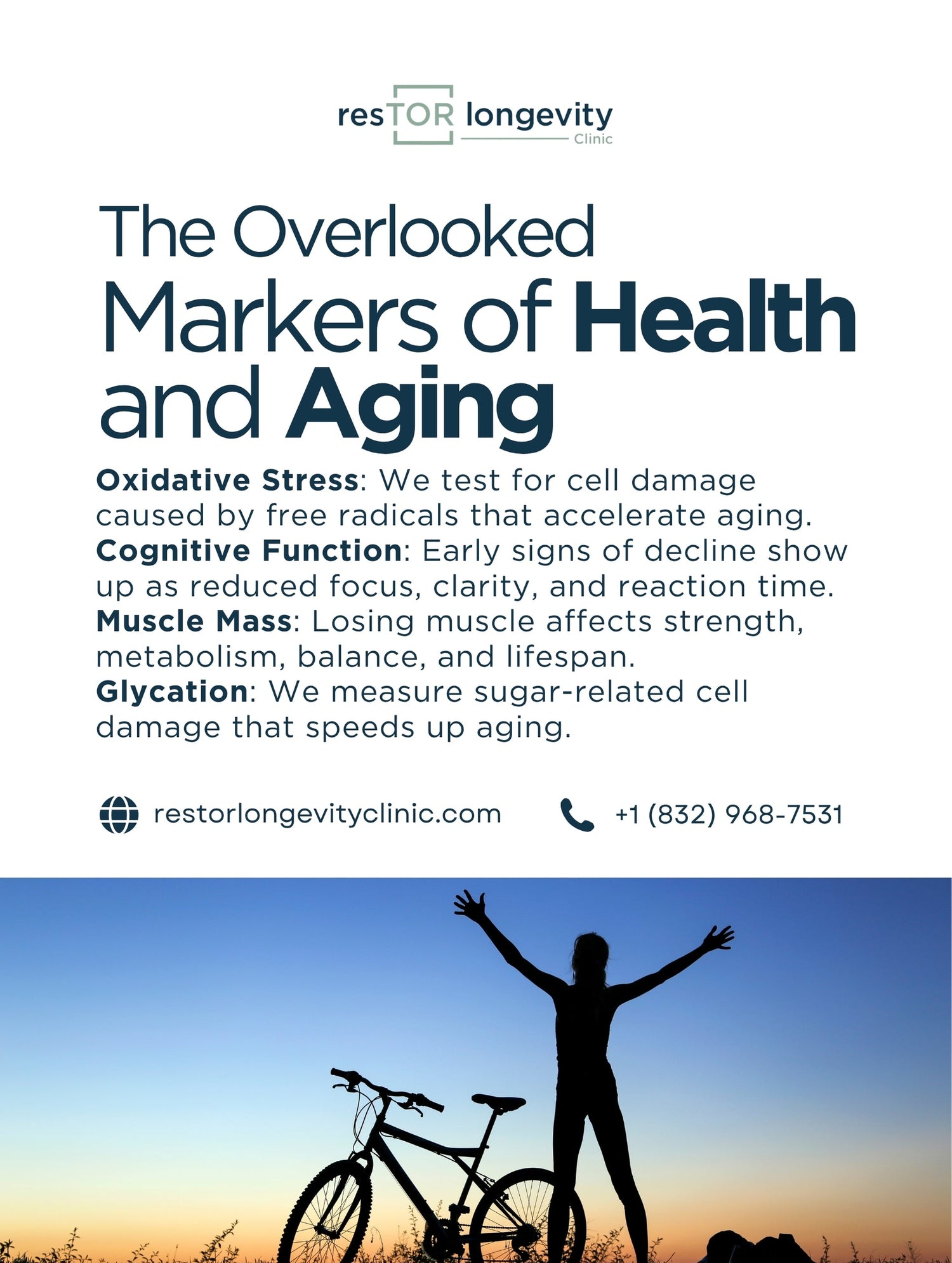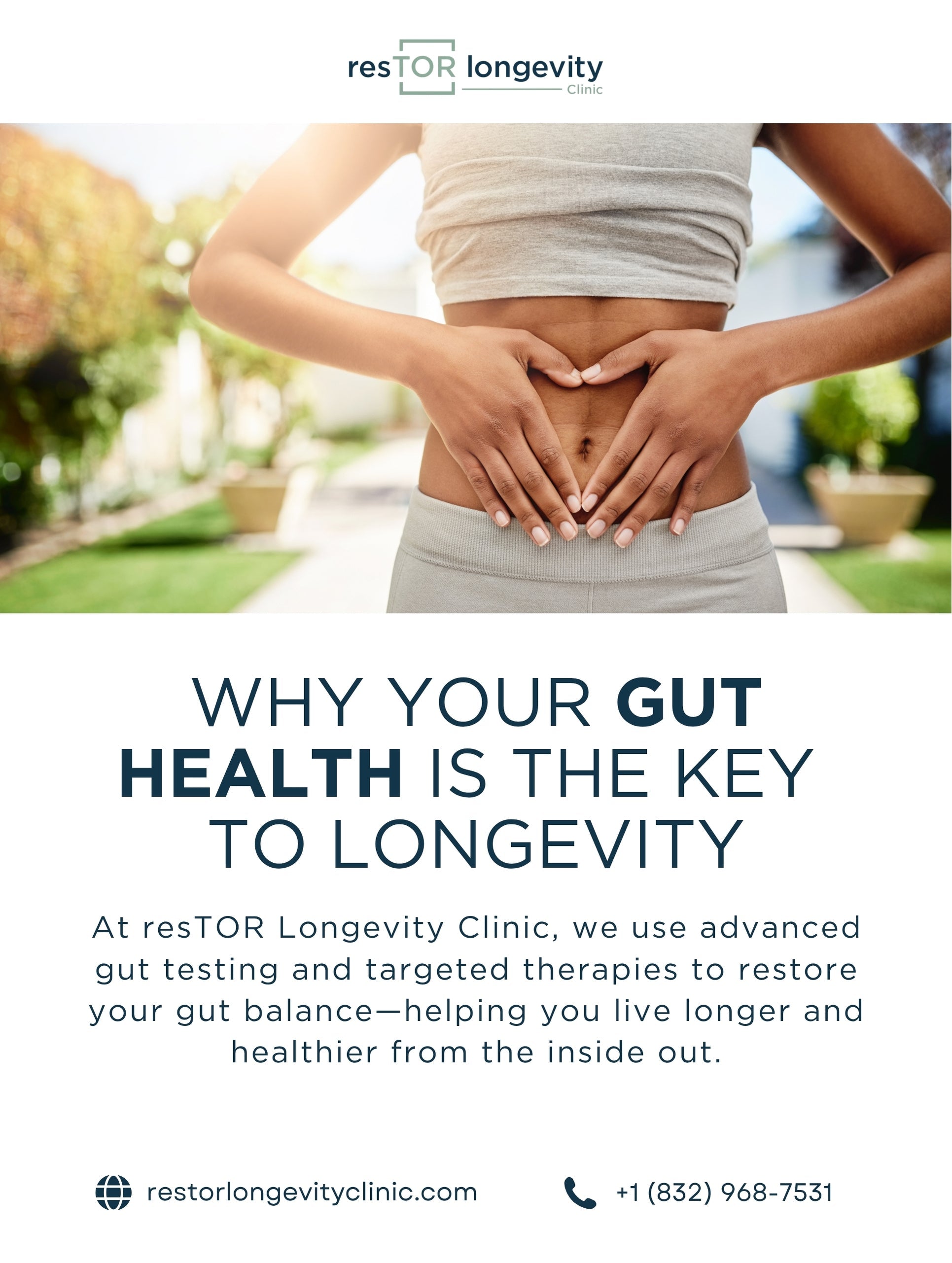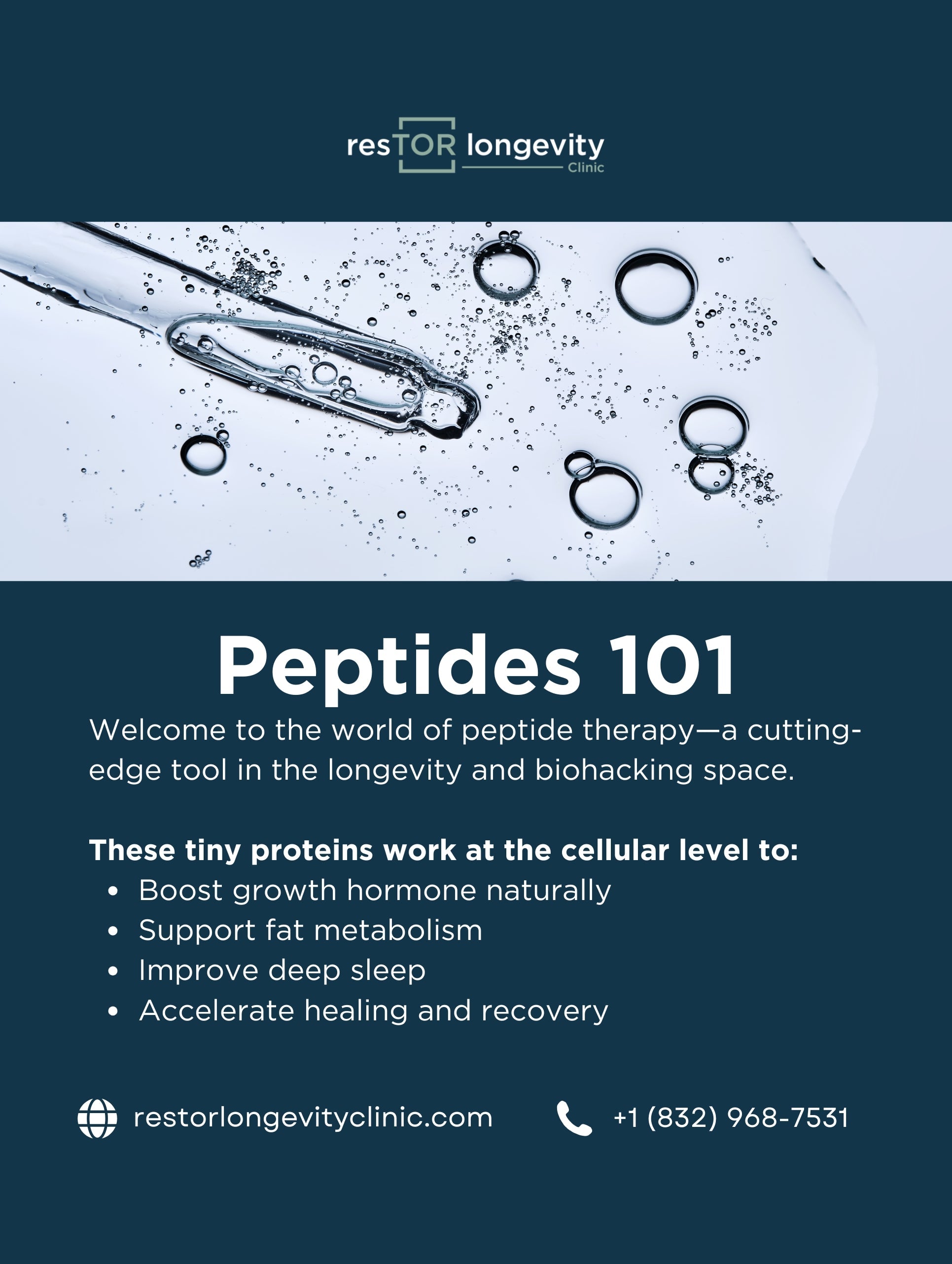Did you know that the visible signs of aging—like wrinkles and weight gain—only scratch the surface of what true health entails? It's true! Most of us consider our daily physical well-being and outer appearance when evaluating our aging process. However, real health isn't just skin-deep; it encompasses far more complex factors that often go unnoticed. In this comprehensive blog post, we will delve into the overlooked markers of aging that can transform the way you approach your health. By understanding factors such as oxidative stress, cognitive function, muscle mass, and glycation, you'll gain insights into the true indicators of how your body is aging. Let's uncover the depth of your health together!
Understanding Oxidative Stress
Oxidative stress is one of the most significant yet often overlooked markers of aging and health. Our bodies are continuously producing free radicals, which are unstable molecules that can cause damage to cells, proteins, and even DNA. This damage accumulates over time, leading to aging and health issues.
- What Causes Oxidative Stress? Factors like pollution, poor diet, smoking, and excessive sun exposure contribute to elevated levels of oxidative stress.
- How Can You Control It? Antioxidants play a crucial role in neutralizing free radicals. These can be obtained from a diet rich in fruits, vegetables, nuts, and seeds. Consider foods high in vitamins C and E, as well as selenium, to improve your body’s ability to combat oxidative stress. Incorporating supplements or superfoods might also make a significant difference. For example, green tea and berries are excellent options that provide abundant antioxidants.
- Testing for Oxidative Stress: Health diagnostic tests can help evaluate your levels of oxidative stress using specific blood tests. Knowing your markers can help you make healthier lifestyle choices and develop a tailored wellness program focused on oxidative stress management.
The Connection Between Cognitive Function and Aging
Cognitive function is another critical but often understated aspect of aging. As we age, changes in brain structure and function can occur, leading to cognitive decline. Understanding cognitive health is essential for maintaining quality of life. Challenges with memory, attention, and problem-solving abilities can emerge over time.
- What Affects Cognitive Function? Factors like chronic stress, lack of physical activity, and poor nutrition can impact your cognitive health negatively. Engaging in mental exercises, such as puzzles, learning new skills, or even reading, can help maintain a sharper mind.
- Boosting Brain Health: Foods rich in omega-3 fatty acids, such as fatty fish, walnuts, and flaxseeds, support brain health. Additionally, regular aerobic exercise promotes increased blood flow to the brain, thus enhancing cognitive function.
- Cognitive Assessments: Conducting cognitive health assessments can be valuable. Tools that evaluate memory, language skills, and problem-solving abilities can help you understand where you stand and what interventions might be beneficial, from lifestyle changes to more advanced diagnostic techniques.
The Importance of Muscle Mass
As muscle mass naturally declines with age, it becomes essential to monitor and maintain it for overall health. Sarcopenia, the loss of muscle mass, can lead to decreased strength and mobility, increasing the risk of falls and injuries.
- Muscle Mass and Aging: Studies suggest that individuals can lose 3% to 8% of their muscle mass after the age of 30. Resistance training can help combat this decline.
- Strategies to Preserve Muscle Mass: Regular strength training exercises, combined with adequate protein intake, play a key role in maintaining muscle mass. Techniques may include body-weight exercises, resistance bands, or weight lifting.
- The Role of Nutritional Support: Ensuring you get enough protein from various sources like lean meats, legumes, and dairy can aid muscle repair and growth. Using a protein supplementation strategy, tailored to your needs, could drive even better results.
- Muscle Assessments: Evaluations of muscle mass through various techniques like DEXA scans can offer insight into your overall health. Understanding your muscle density and health can help direct your fitness and health goals effectively.
Glycation: The Sugar Connection
One less-discussed but vital marker of aging is glycation, a process that occurs when excess sugar in the bloodstream attaches itself to proteins or lipids, forming harmful compounds called advanced glycation end-products (AGEs). This can lead to various health issues, including diabetes, heart disease, and more. Glycation has a profound effect on how our bodies age.
- Understanding Glycation: The more glucose in the bloodstream, the more likely glycation will occur. This process has a cumulative effect on aging and overall health.
- How to Limit Glycation: To reduce glycation, it’s important to manage blood sugar levels effectively. This can be done through a balanced diet that prevents spikes in glucose levels. Focus on whole foods, including high-fiber vegetables, lean proteins, and healthy fats.
- Testing for Glycation: Advances in medicine now allow testing for markers of glycation levels within your bloodstream. Knowing where you stand can inform proactive measures to reduce sugar levels and improve overall health.
Lifestyle Changes to Combat Aging Markers
To sum up, recognizing the overlooked aspects of aging can empower you to make positive lifestyle choices.
- Regular Check-Ups: Commit to regular health assessments to stay ahead of potential aging risks.
- Integrating Health Practices: Incorporate practices that enhance cognitive function, muscle maintenance, and balance oxidative stress, like mindfulness meditation, consistent exercise, and a nutritious diet.
- Personalized Plans: Consider personalized wellness programs to address your unique health challenges and requirements. Tailored approaches can significantly optimize your health outcomes and quality of life as you age.
The Future of Health Assessments
Emerging technologies are changing the landscape of health assessments. Advanced diagnostics such as Genome sequencing, hormonal assessments, and AI-driven imaging are becoming standard in understanding health on a deeper level. These advancements not only inform us about our current health status but also equip us to proactively manage health and prevent age-related diseases. By embracing these innovations decisively, individuals can enhance their longevity journey significantly.
The Bottom Line: Prioritize Real Health
Being proactive about identifying and combatting the overlooked markers of real health is essential for a longer, higher-quality life. By focusing on oxidative stress, cognitive function, muscle mass, and glycation, you’ll find that you can not only enhance your current wellness but also pave the way for healthier aging.
So now what? If you're ready to take charge of your health and work toward longevity, explore personalized health assessments and wellness programs that suit your unique needs. Book a consultation today to unlock your path to better health! Let's prioritize real health and aging together!



